18650 lithium battery manufacturers: advantages and disadvantages of electric vehicle lithium batteries and lead-acid batteries
18650 battery manufacturer, electric vehicle lithium battery manufacturer: Advantages and disadvantages of electric vehicle lithium batteries and lead-acid batteries: Currently, most electric vehicles use lead-acid batteries. In the future, the electric vehicle market will be dominated by lithium batteries. Below, polymer battery manufacturers will take us to specifically understand the advantages and disadvantages of lithium batteries and lead-acid batteries!
Lead acid batteries have the highest quantity. Lead acid batteries have the lowest price and are most commonly used. China is the world's largest producer of lead-acid batteries. It contains relatively few pollutants and has good recyclability. The disadvantage is that the specific volume is small. That is to say, under the same capacity, the weight and volume of the battery are both large. The current lead-acid batteries are basically developed from float charging type batteries. Floating charge batteries are not suitable for fast charging and high current discharge. Although technicians have put in a lot of effort to make effective improvements and make them practical, their lifespan is still very unsatisfactory.
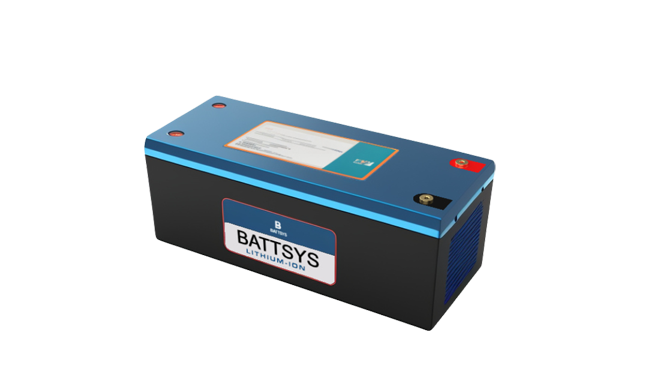
For example, non condensable solid water-based colloids belong to colloidal batteries based on their electrochemical classification structure and characteristics. For example, attaching polymer materials, commonly known as ceramic grids, to the grid can also be considered as a characteristic application of colloidal batteries. Recently, a targeted coupling agent has been added to the electrode plate formula in a laboratory, greatly improving the reaction utilization rate of the active substance in the electrode plate. According to non-public information, it can reach a weight specific energy level of 70wh/kg. These are examples of the current industrial practice and the application of colloidal batteries that need to be industrialized.
The difference between colloidal batteries and conventional lead-acid batteries has evolved from the initial understanding of electrolyte gelation to the study of electrochemical properties of electrolyte basic structures, as well as the promotion of applications in grids and active materials. Its most important feature is to manufacture higher quality batteries at a lower industrial cost, following the 150 year old lead-acid battery industry path. Its discharge curve is straight, the inflection point is high, the specific energy, especially the specific power, is more than 20% higher than conventional lead-acid batteries, and its lifespan is generally about twice that of conventional lead-acid batteries. Its high and low temperature characteristics are much better.
The specific capacity of lithium-ion batteries is better than that of nickel hydrogen batteries. For lead-acid batteries of the same capacity, the weight of lithium-ion batteries is equivalent to a laptop, which can be used by the elderly, weak, women, and children. Its lifespan can also be better than that of nickel hydrogen batteries. Currently, most mobile phone batteries use this type of battery.
The internal resistance of lithium batteries is relatively high, and when used on electric bicycles, there may be a feeling of insufficient power when the battery is about to fully discharge. The main problem with lithium-ion batteries is that they can explode during overcharging and overdischarging. Mobile phone batteries are all single cell batteries that are paired with good protection circuits to basically eliminate the problem of battery explosion. When used on electric bicycles, it is necessary to use a series connected battery pack, and the complexity of the protection circuit of the series connected battery pack far exceeds that of the protection circuit of a single battery, and its material cost also greatly increases.
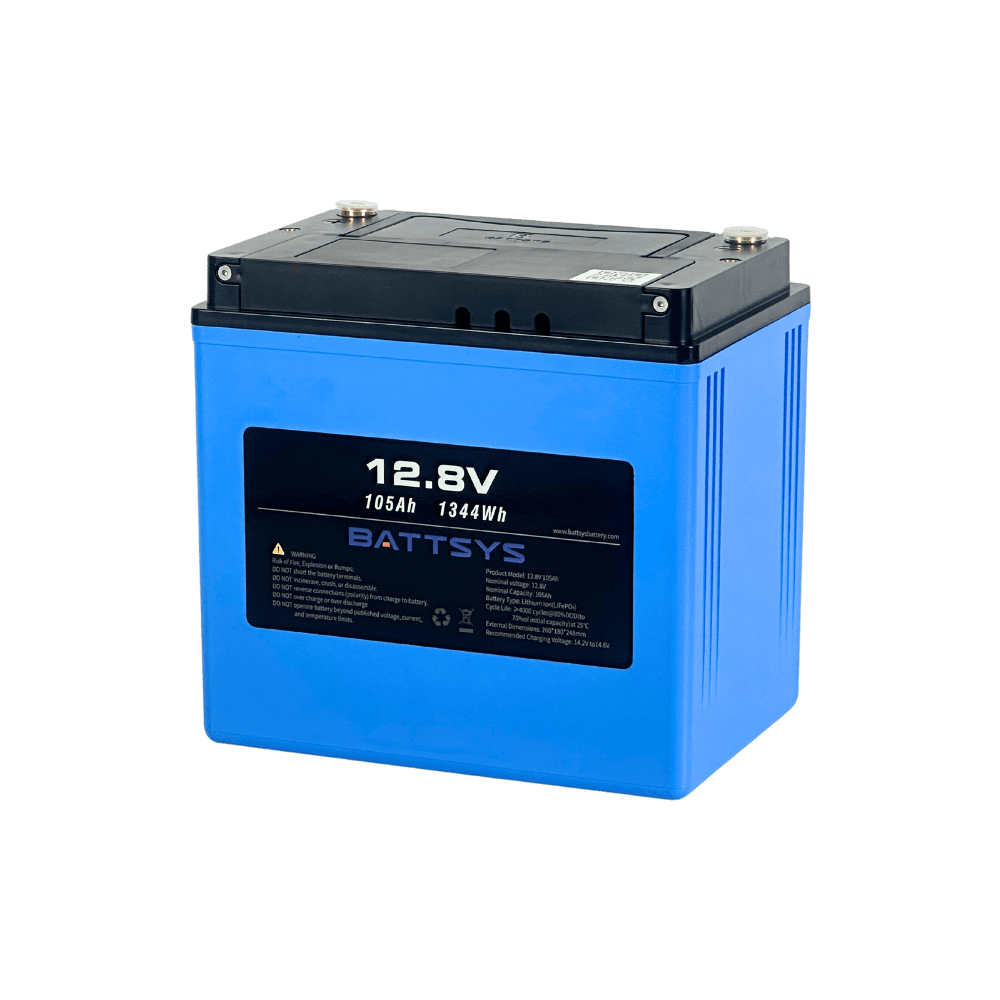
5-year warranty . 3500+ cycles. Charging can last for 8 months.
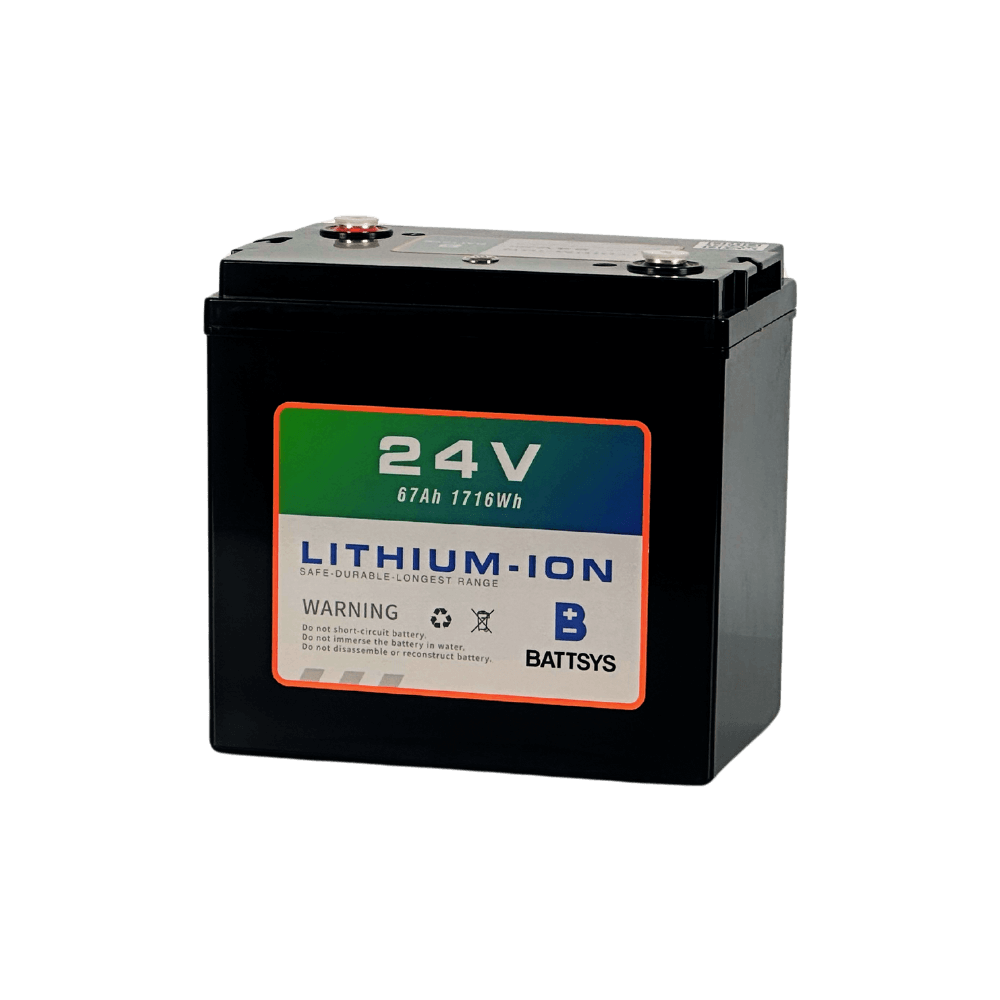
5-year warranty . 3500+ cycles. Charging can last for 8 months.

5-year warranty . 3500+ cycles. Charging can last for 8 months.
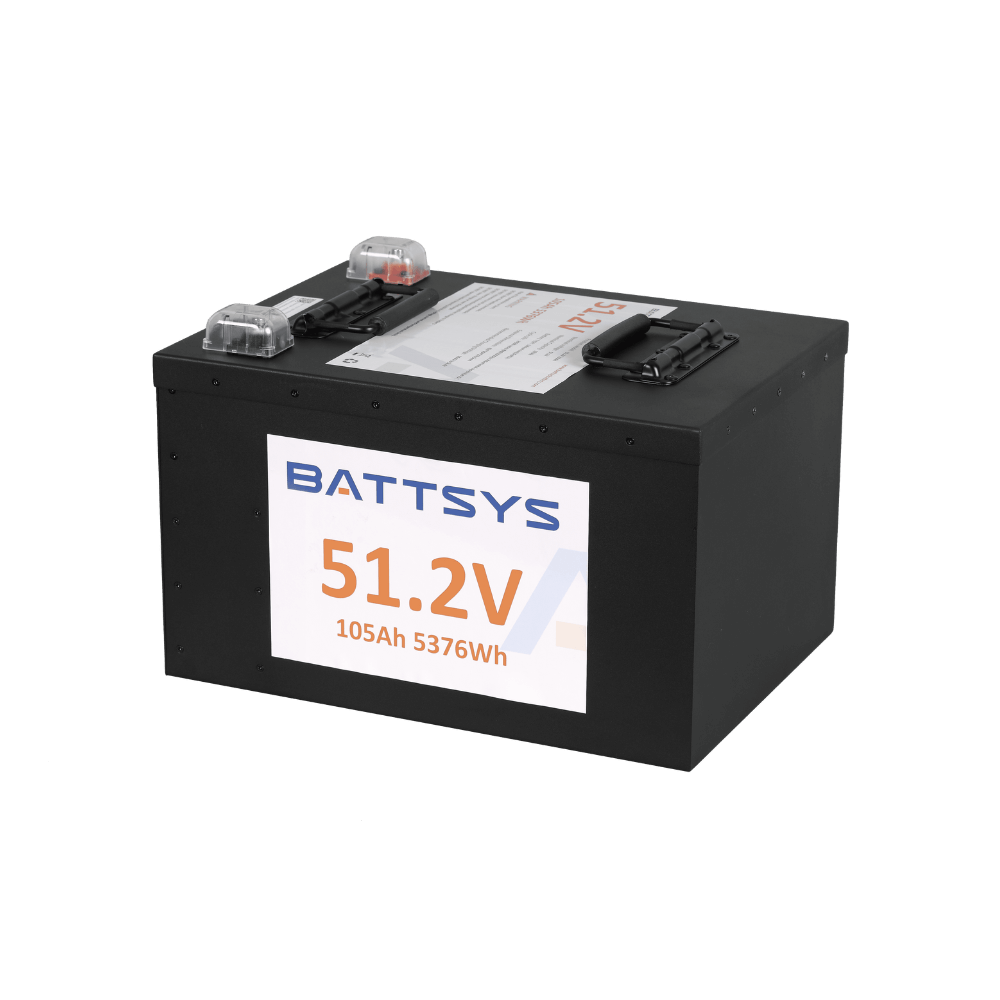
5-year warranty . 3500+ cycles. Charging can last for 8 months.
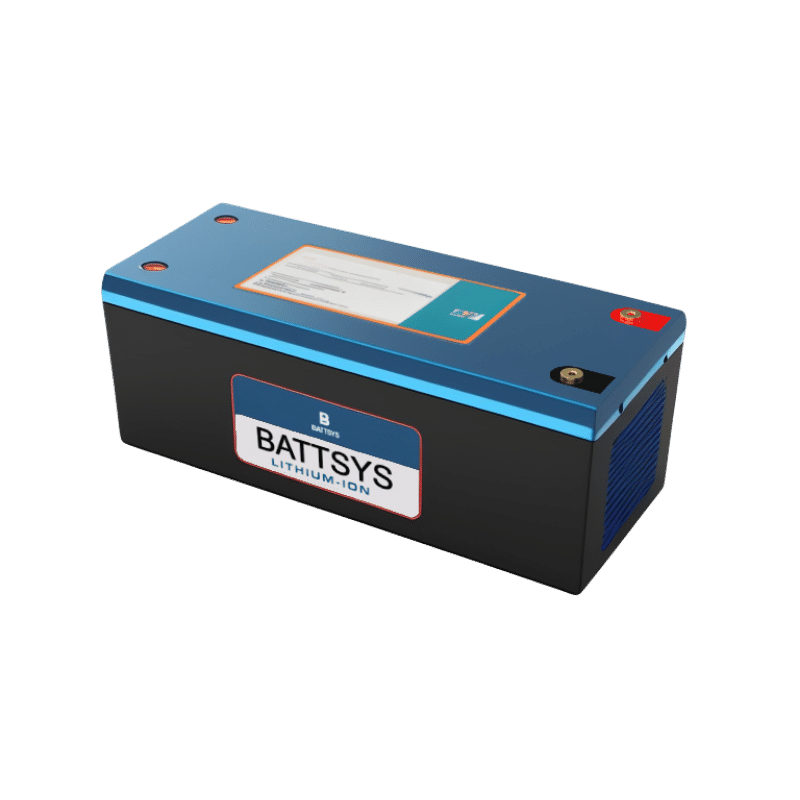
5-year warranty . 3500+ cycles. Charging can last for 8 months.
E-Mail: inquiry@fentbattery.com
Tel: 0086 20 3901-1403
Address: No.3, Dongli Road, Xili, Dongyong Town, Nansha District, Guangzhou City, China
Copyright@ China lithium ion battery manufacturers & suppliers & producers | Lithium Battery Factory & Company-BATTSYS Sitemap